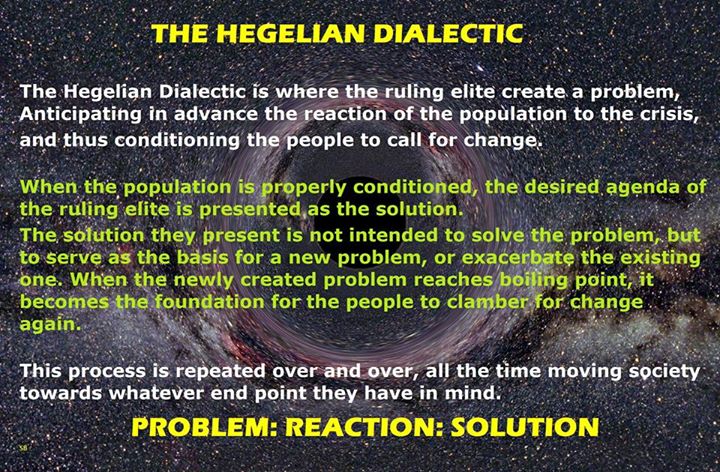

„Spirit, on the contrary, may be defined as that which has its center in itself. Georg Wilhelm Friedrich Hegel, book Lectures on the Philosophy of History The former is the rational, the latter the material view of anger just as one man may define a house as a shelter against wind, rain, and other destructive agencies, while another defines it as consisting of wood and stone that is to say, the former gives the determination and the form, or the purpose of the thing, while the latter specifies the material it is made of, and its necessary conditions.“ According to the one view, anger, for instance, is looked on as an eager desire for retaliation or the like according to the other view it is the surging upward of the heartblood and the warm element in man.

With this a twofold method of considering the soul, also known to Aristotle, comes into play, namely the purely rational or logical view, on the one hand, and, on the other hand, the physical or physiological these we still see practiced side by side. 1) makes in the first place the general remark that it appears as if the soul must, on the one hand, be regarded in its freedom as independent and as separable from the body, since in thinking it is independent and, on the other hand, since in the emotions it appears to be united with the body and not separate, it must also be looked on as being inseparable from it for the emotions show themselves as materialized Notions (λόγοι έννοια), as material modes of what is spiritual.

At our present stage, on the contrary, the determinate existence of God as God is not existence posited by Himself, but by what is Other. The self-consciousness of the Son regarding Himself is at the same time His knowledge of the Father in the Father the Son has knowledge of His own self, of Himself. The assumption of form makes its appearance in the aspect of determinate Being as independent totality, but as a totality which is retained within love here, for the first time, we have Spirit in and for itself. He produces Himself of His own act, appears as Being for “Other” He is, by His own act, the Son in the assumption of a definite form as the Son, the other part of the process is present, namely, that God loves the Son, posits Himself as identical with Him, yet also as distinct from Him. God Himself is, in accordance with the true Idea, self-consciousness which exists in and for itself, Spirit. Lectures on Philosophy of Religion, Volume 2Ĭontext: In the religion of absolute Spirit the outward form of God is not made by the human spirit. 1895 Ebenezer Brown Speirs 1854-1900, and J Burdon Sanderson p. Hegel, Georg Wilhelm Friedrich, Lectures on the philosophy of religion, together with a work on the proofs of the existence of God. Karl Barth described Hegel as a "Protestant Aquinas" while Maurice Merleau-Ponty wrote that "all the great philosophical ideas of the past century-the philosophies of Marx and Nietzsche, phenomenology, German existentialism, and psychoanalysis-had their beginnings in Hegel." Wikipedia Hegel has been seen in the twentieth century as the originator of the thesis, antithesis, synthesis triad, but as an explicit phrase it originated with Johann Gottlieb Fichte.Hegel has influenced many thinkers and writers whose own positions vary widely. Of special importance is his concept of spirit as the historical manifestation of the logical concept – and the "sublation" – of seemingly contradictory or opposing factors: examples include the apparent opposition between necessity and freedom and between immanence and transcendence. His account of the master–slave dialectic has been influential, especially in 20th-century France. His philosophy of spirit conceptually integrates psychology, the state, history, art, religion and philosophy. Hegel's principal achievement was his development of a distinctive articulation of idealism, sometimes termed absolute idealism, in which the dualisms of, for instance, mind and nature and subject and object are overcome. Although Hegel remains a divisive figure, his canonical stature in Western philosophy is universally recognized. He achieved recognition in his day and-while primarily influential in the continental tradition of philosophy-has become increasingly influential in the analytic tradition as well. Georg Wilhelm Friedrich Hegel was a German philosopher and an important figure of German idealism.


 0 kommentar(er)
0 kommentar(er)
